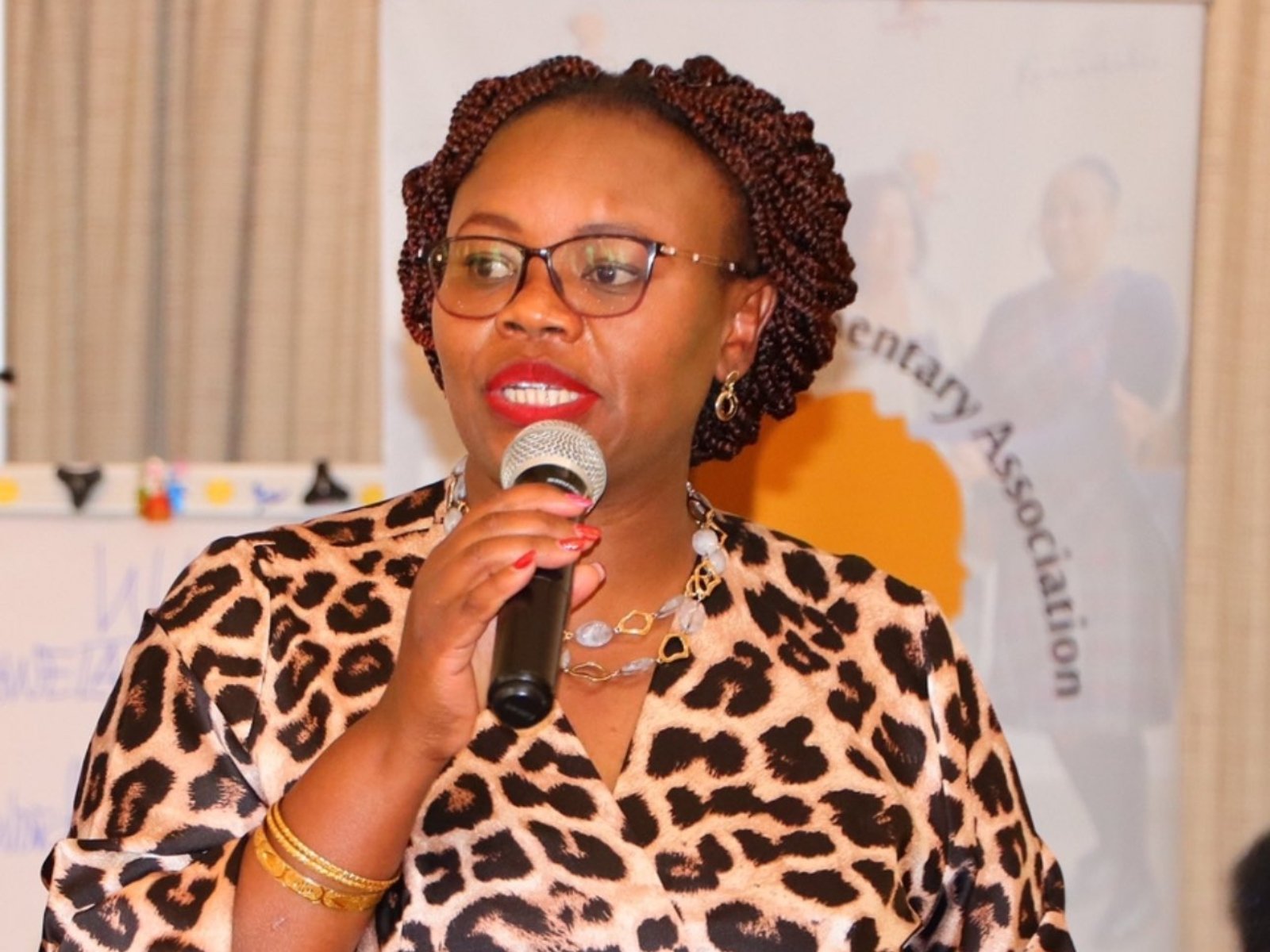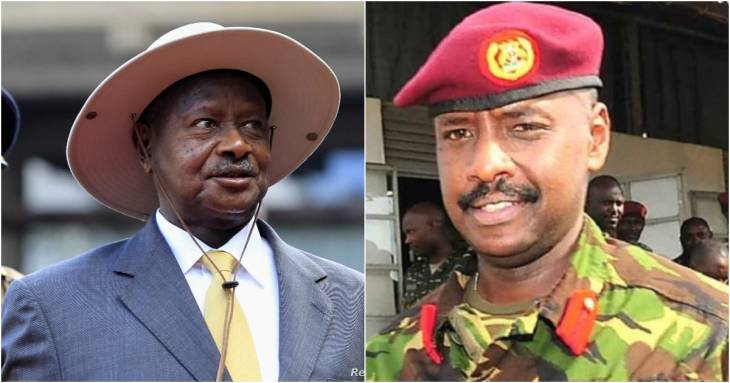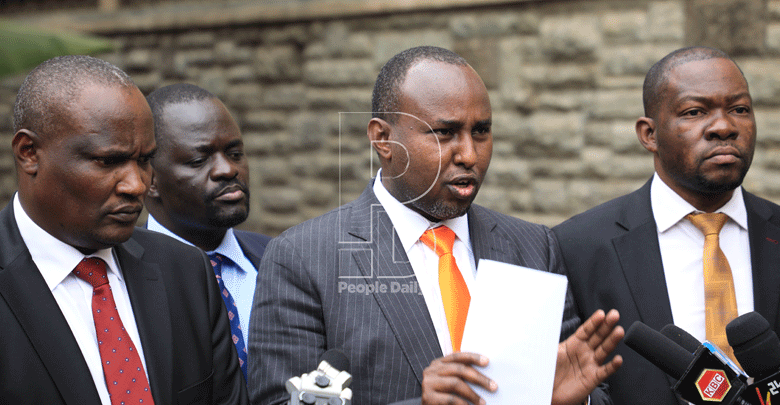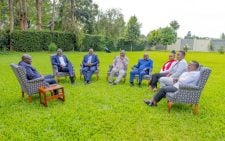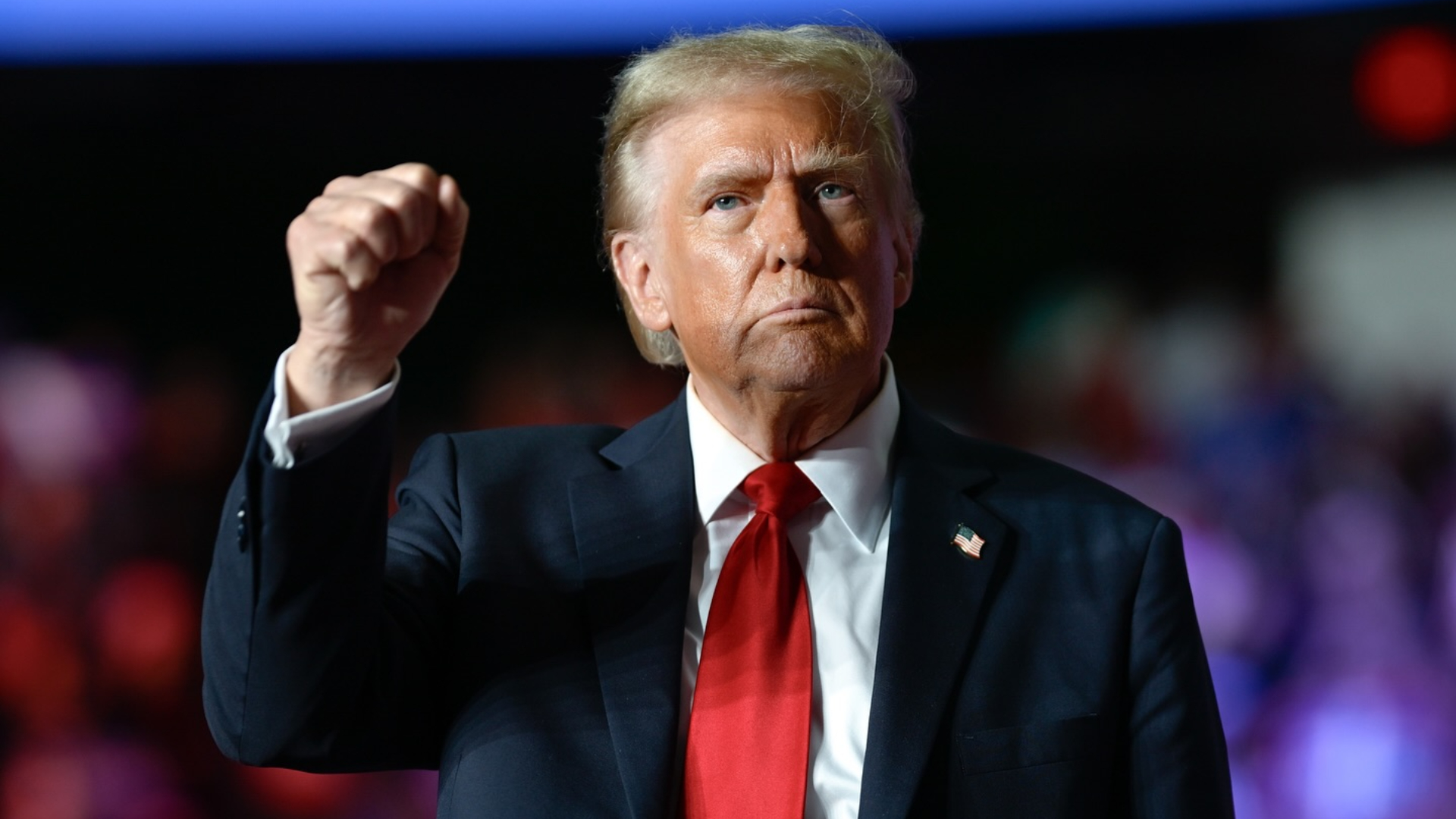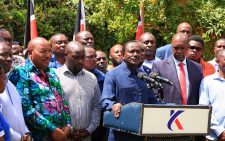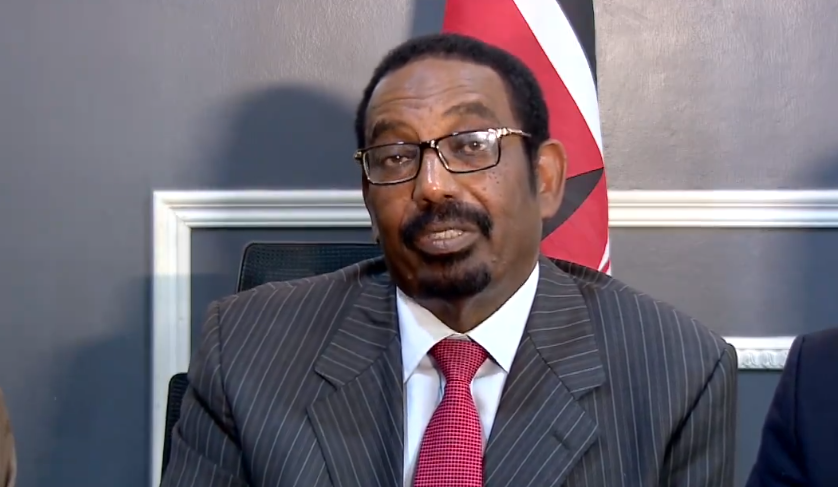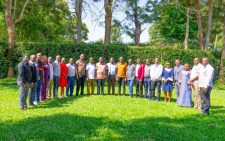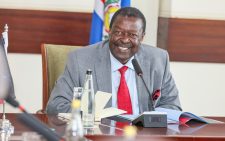Uganda’s social media ban stifles economic rights

The global community–including internet companies–must feel obligated to make it both difficult and unfashionable for despotic governments to ban digital platforms on a whim every time they have to hold elections.
Already, humanity is experiencing a serious challenge coping with economic and health shocks from the pandemic.
The international community—and people of goodwill—should not allow those already feeling this pain to be denied access to communication channels.
Today, social media platforms are not just idle chatrooms where disaffected and disenfranchised people meet to plot government take-overs.
They are business platforms, sustaining the livelihoods of millions of people, especially in emerging economies such as Uganda, where government this week unilaterally imposed a total ban on social media.
Humanity’s growth curve ought to trend upwards. However, actions like those taken by President Yoweri Museveni’s administration not only drag the world into the abyss of political darkness, they also claw back all rights and freedoms envisaged in UN Human Rights Charter as well as national constitutions.
That is why the global community ought not to sit back and watch as Uganda makes a mockery of this journey of progress.
The unfortunate decision Uganda has taken against its own citizens is a blow against all ideals of good governance and sovereignty of the people.
It is worse coming in 2021, when humanity is seeking to emerge from a difficult period and chart a path of hope and progress.
Although the African Union has a policy of non-interference in domestic matters affecting its member states, it is both disheartening and unconscionable that it has not felt compelled to raise its voice in defence of Ugandans.
What they are being denied through that ban is not just their political rights but also their livelihoods.
Uganda—indeed many African countries—have always postured as democracies.
Yet, when they take drastic actions that fly in the face of democracy, they expect to be subjected to a lower threshold of accountability whenever they hold elections.
Not only that, they also expect to be welcomed back at the table of international democracies after all ths.
Going forward, the international community must feel compelled to make it harder for such administrations to continue with business as usual after trampling the will of their citizens.
Accountability is the cornerstone of democracy. Any administration that claims to be one must live up to this standard or give up all pretenses and be known as what they are – tyrannies.
The US has offered a worthy example. Even at the darkest hour of its democracy in living memory, when its president sent mobs to desecrate its Capitol, democracy triumphed when politicians put their lives on the line to live up to the spirit of their constitution.
And no sooner had they gotten that out of the way than they impeached President Donald Trump, holding him to account for the mayhem he unleashed on the Capitol, regarded as the shrine of American democracy.
Interestingly, whereas Uganda’s government has taken the delirious decision to ban social media, in America, it is internet companies and social media platforms that banned President Trump because they believed they are fighting in democracy’s corner.
By so doing, they stopped Trump from orchestrating mayhem through social media.
In Uganda’s case, sadly, the direct opposite is happening. The government is deliberately banning social media with the aim of subverting the will of the people.
It has also made it difficult for independent observers to audit the voting and tallying processes, leaving no doubts about what it intends to do.
Because other African countries have in the recent past gotten away with similar gross violations, Uganda has little incentive to play by difficult rules which govern democratic process.
Calls by human rights groups like Amnesty International for Uganda to switch social media platforms back on may fall deaf years, after the elections, the global community must make it difficult for Uganda to walk back into the family of nations as if no violations happened. — The writer is is a Partner and Head of Content at House of Romford — [email protected]
